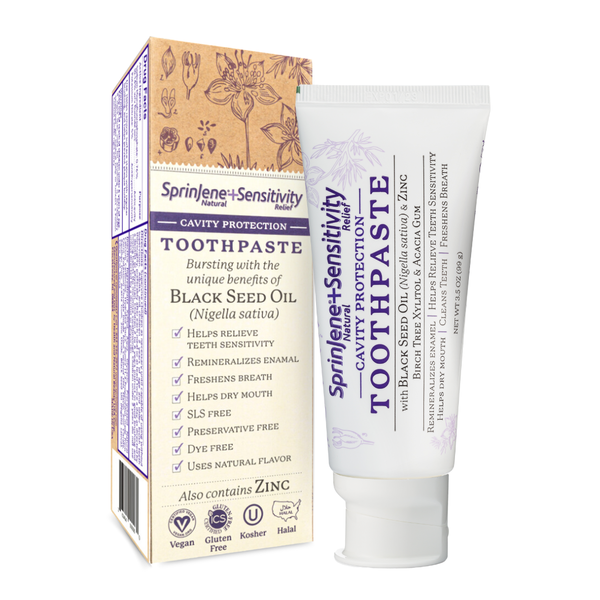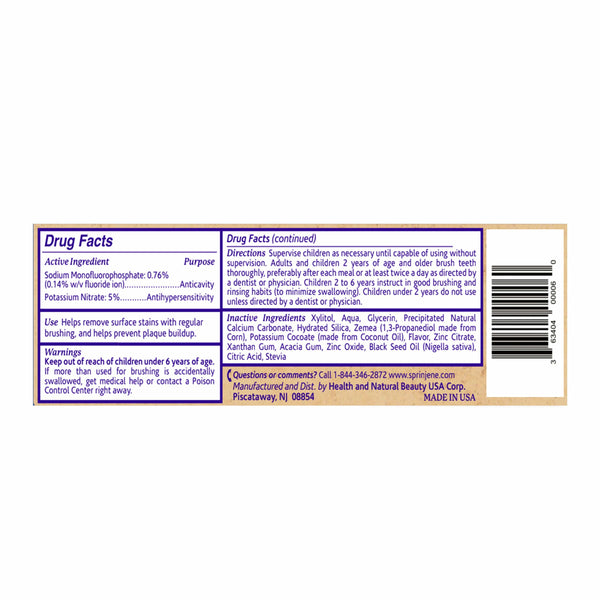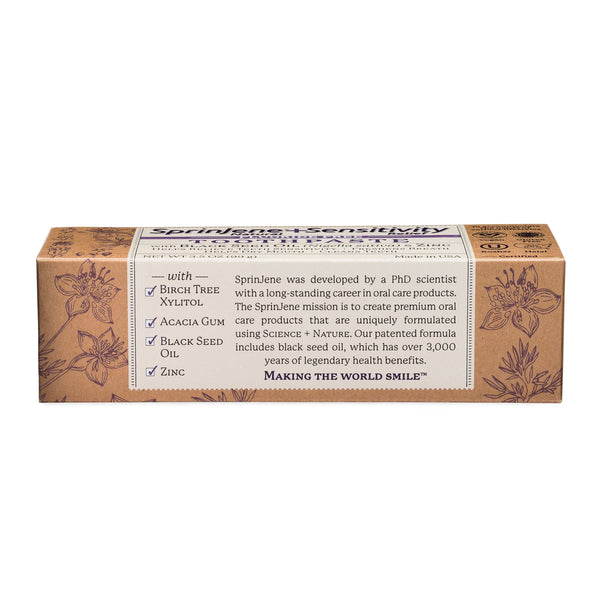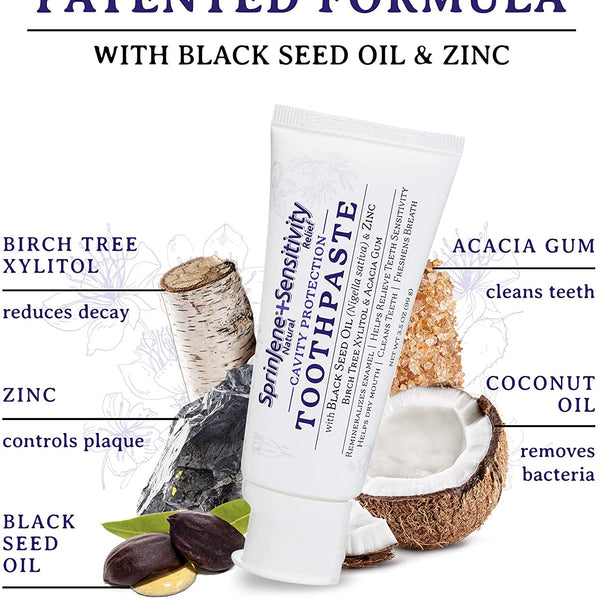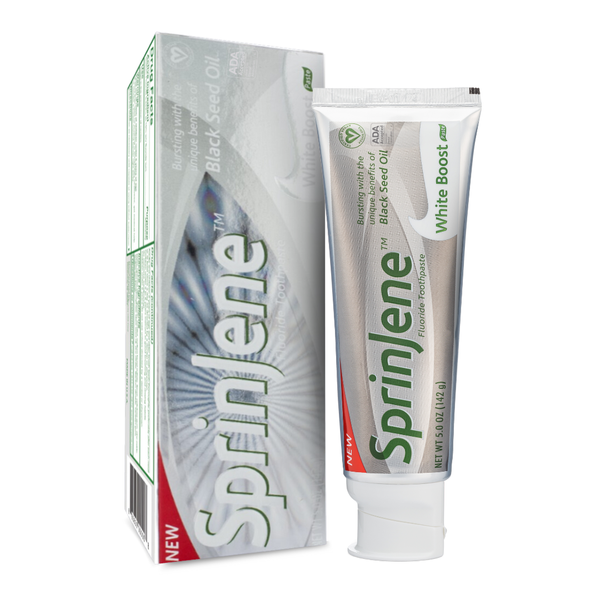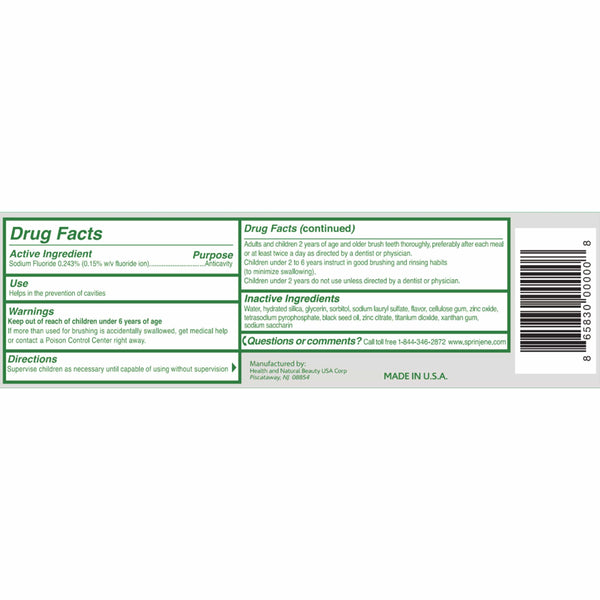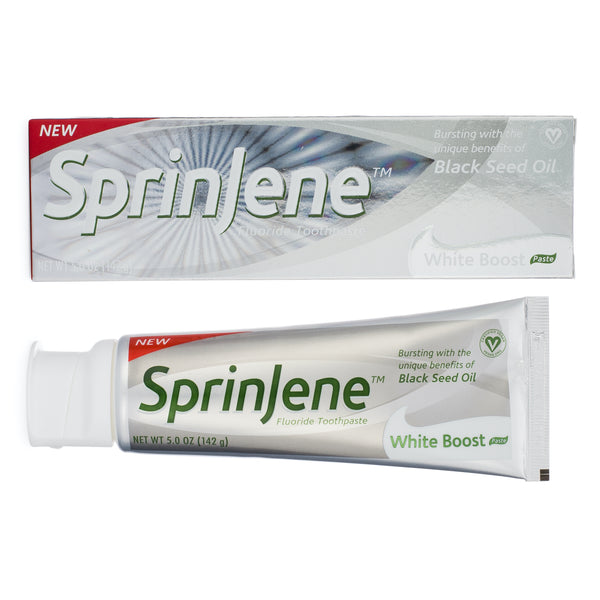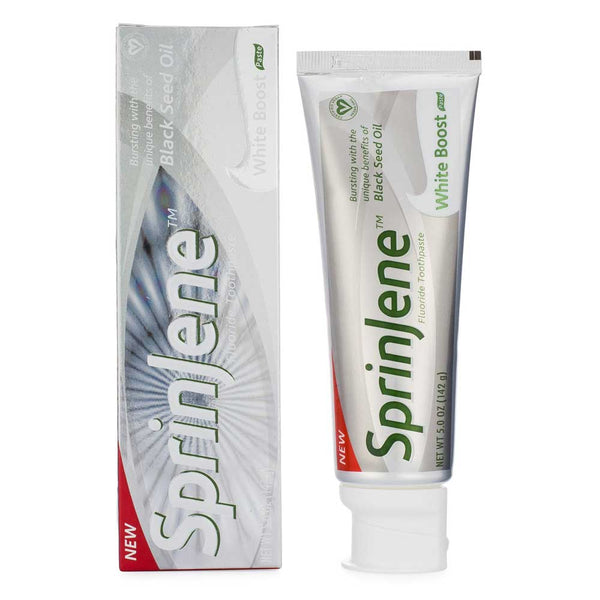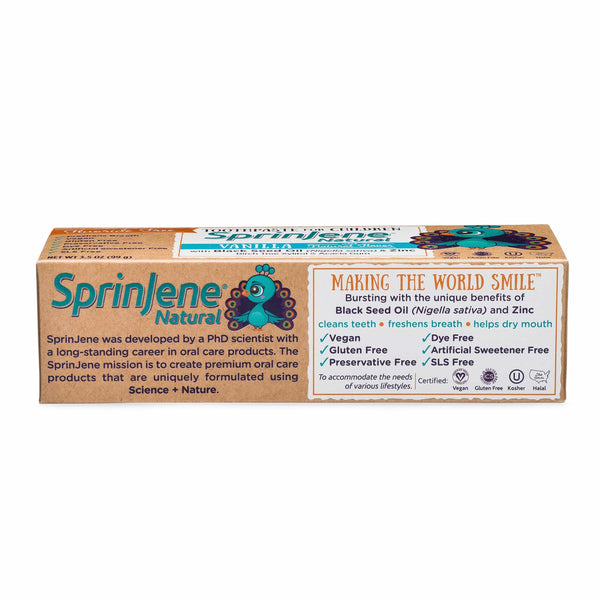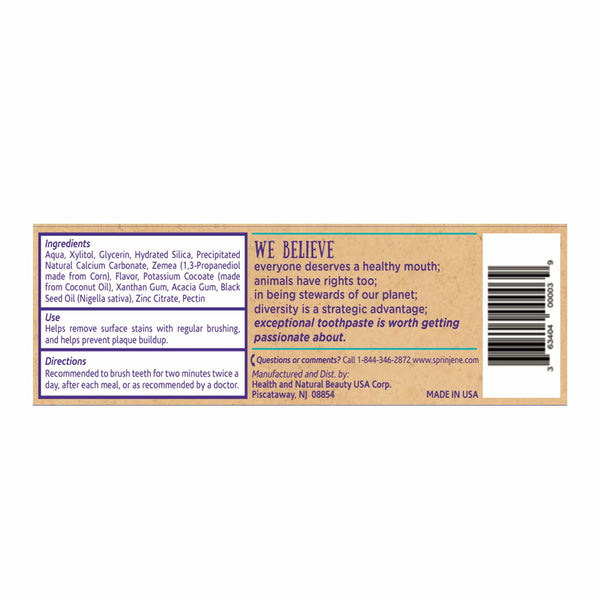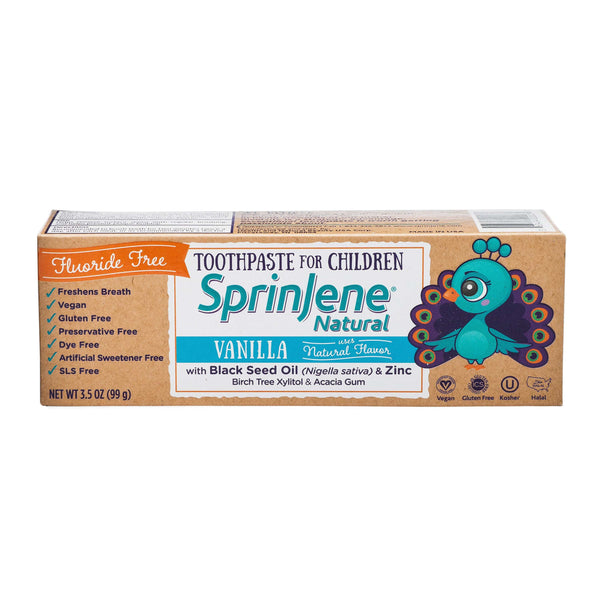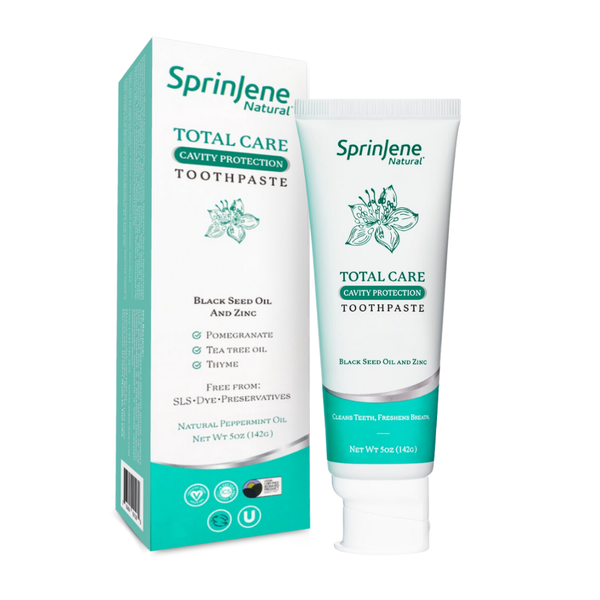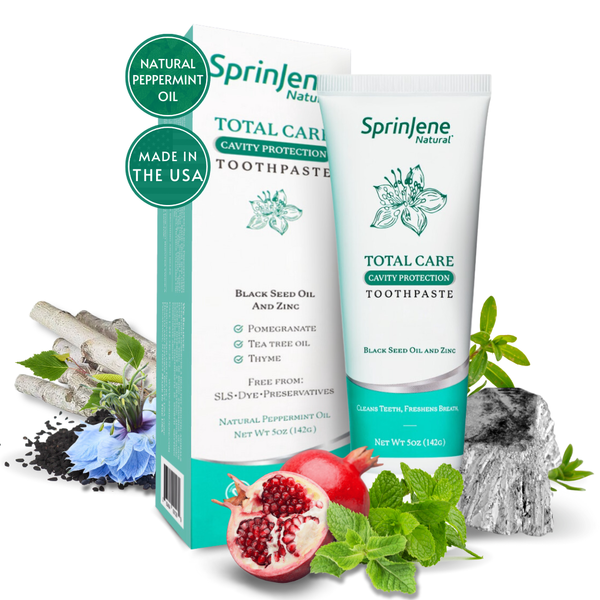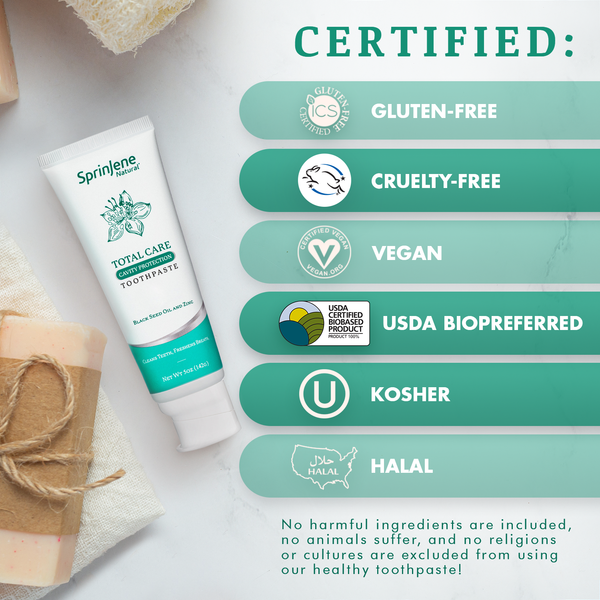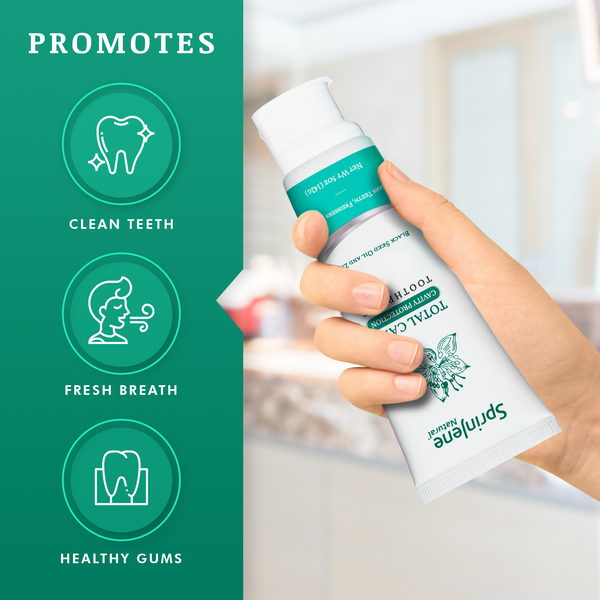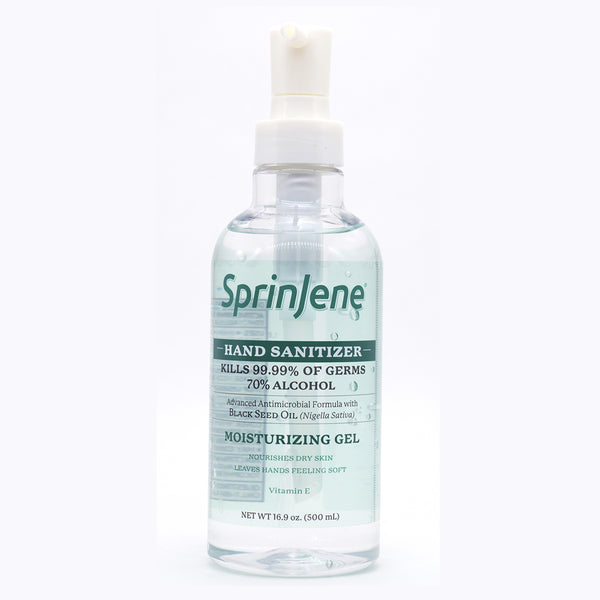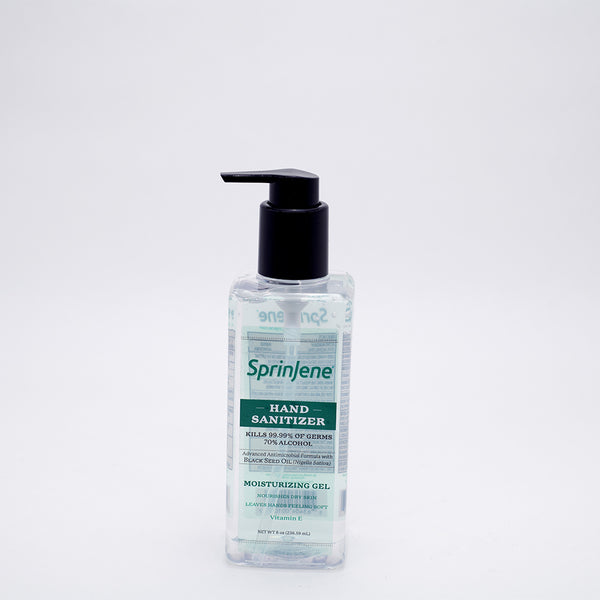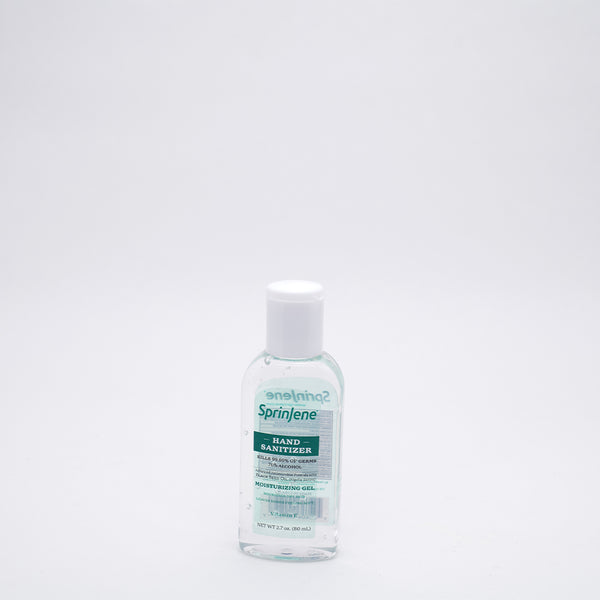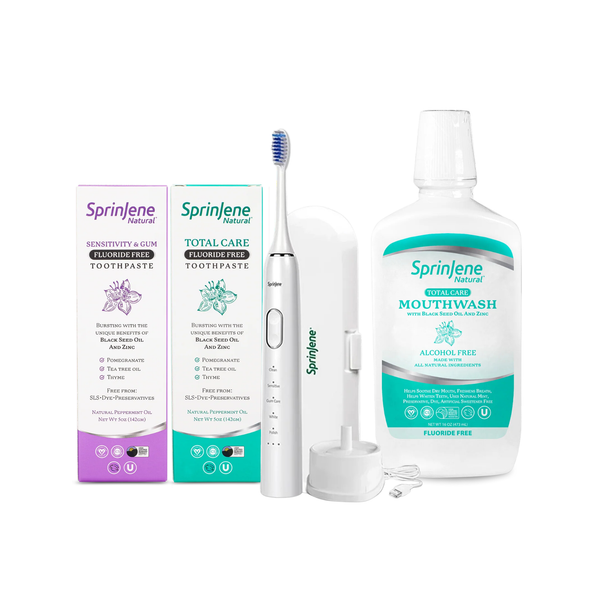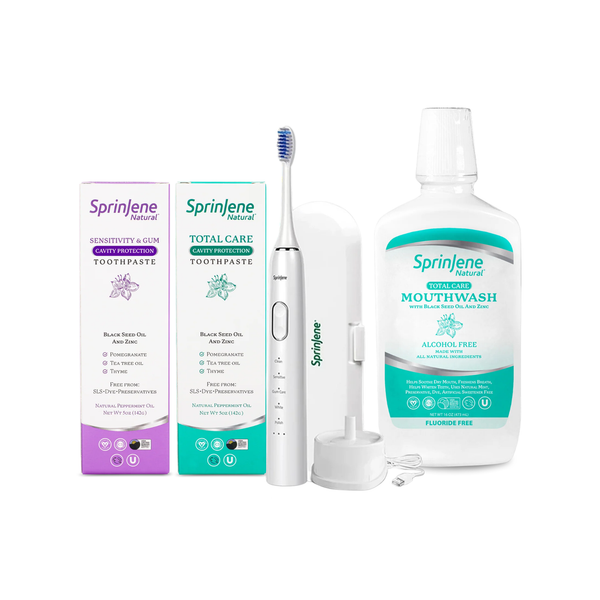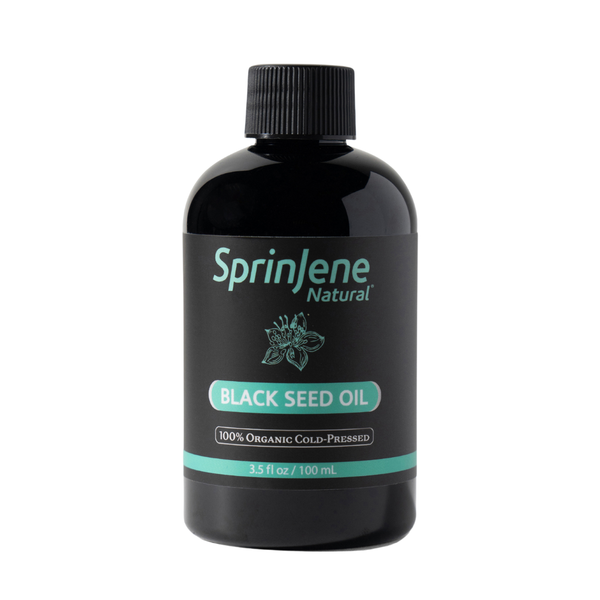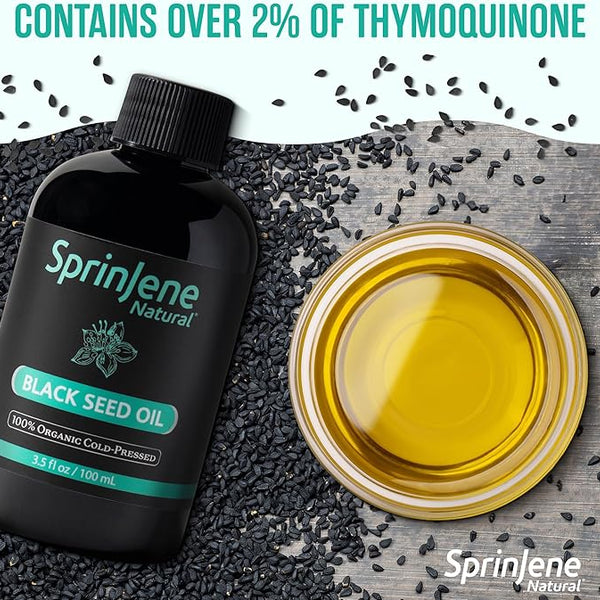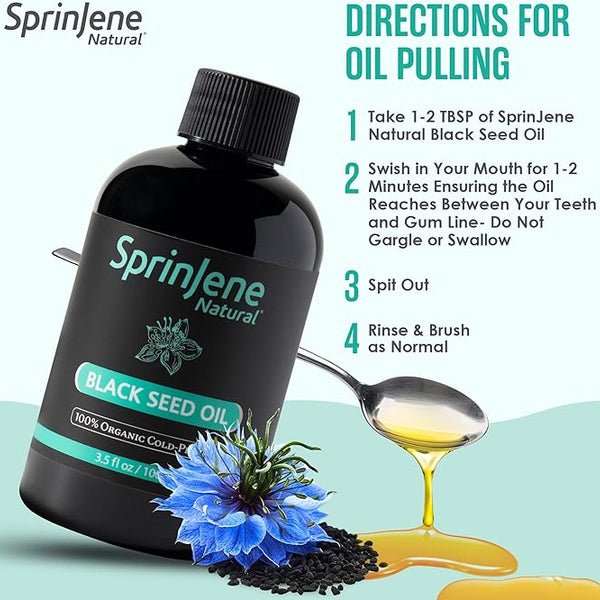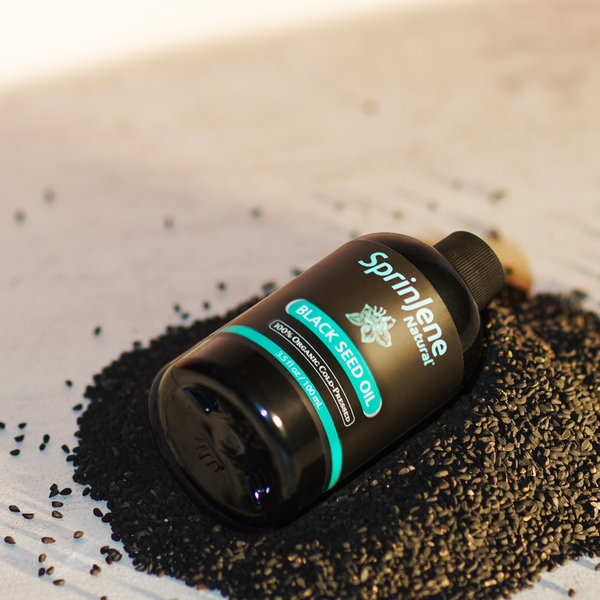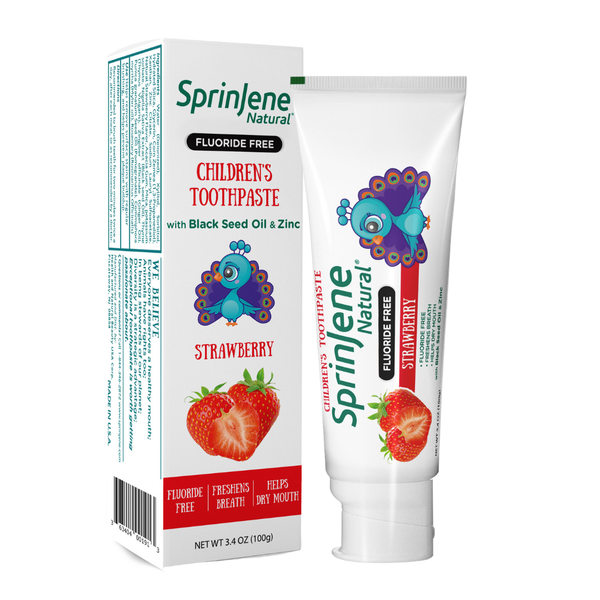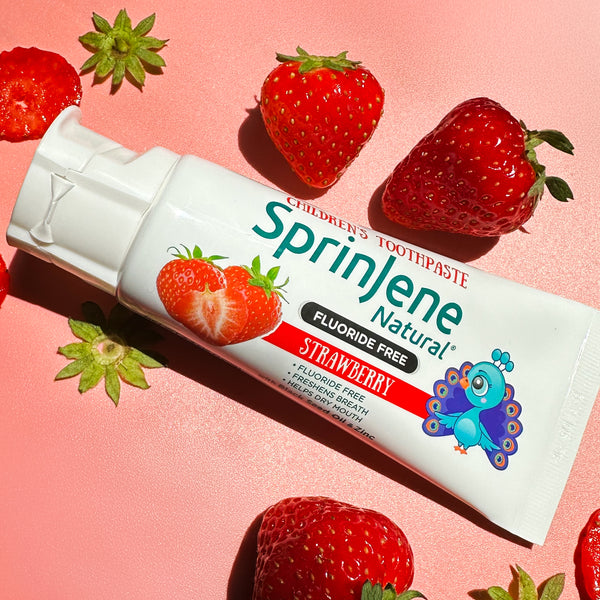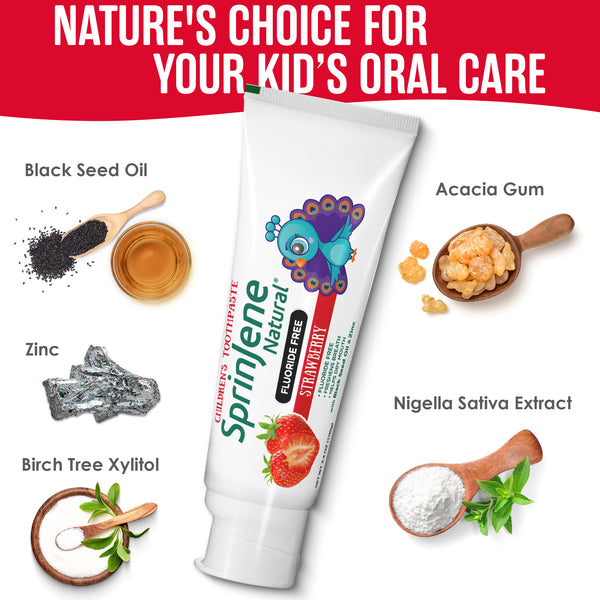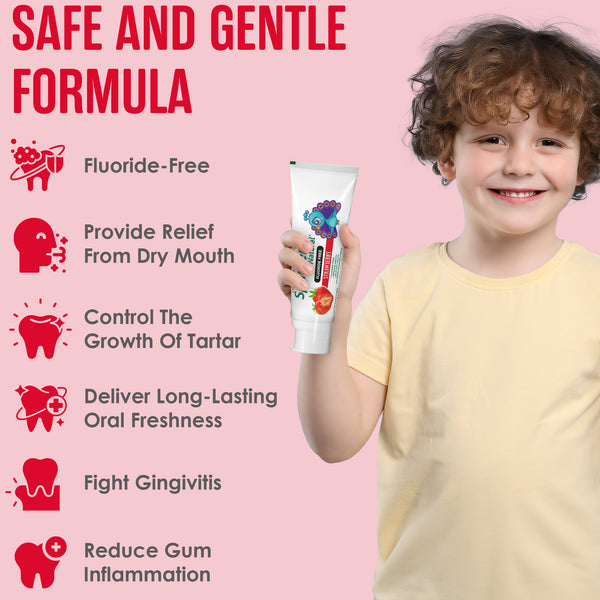
What is Gum Disease?
Periodontal or gum disease is an infection of the gingiva (gums) and can affect the underlying bone structure that supports your teeth. In complicated untreated cases, it can make your teeth fall out. Smoking is the primary cause of severe gum disease in the United States.
Gum disease starts when bacteria (germs) that is present in plaque sticks to your teeth and gets under your gums due to neglect or improper brushing. It's typically caused by poor brushing and flossing habits.
When gum disease is left untreated it can get very severe causing your gums to pull away from your teeth and form spaces that get infected. This is called periodontitis. The bone and tissue that hold your teeth in place can break down, and your teeth may become mobile and may need to be extracted
Healthy gums appear pink, stippled, and firm and have limited sensitivity to pain, temperature, and pressure. The gums are separated from the alveolar mucosa which appears scalloped and approximately follows the contours of the teeth. The gum margins around the teeth are free and extend as small wedges into the spaces between the teeth (interdental papillae). Internally, periodontal fibers enter the gum and hold it tightly against the teeth. Changes in color, texture, or abnormal sensitivity are early signs of gum inflammation, or gingivitis. Untreated gingivitis can advance to periodontitis.
It was found that Gum disease was linked to Covid-19 complications. A study of more than 500 patients with COVID-19 found that those with gum disease were 3.5 times more likely to be admitted to intensive care, 4.5 times more likely to need a ventilator, and almost nine times more likely to die compared to those without gum disease.
Signs and Symptoms of Gum Disease:
- Red or swollen gums
- Tender or bleeding gums
- Painful chewing
- Loose teeth
- Sensitive teeth
- Receding gums
Smoking and Gum Disease:
In smokers the immune system is weakened and the body has to work extra hard to fight off a gum infection. Once gum damage has occurred, healing is also delayed in smokers.
The following oral diseases and conditions are caused by, or can be seen in a smoker’s mouth:
- Staining of teeth and dental fillings
- Reduced ability to smell and taste
- Bad breath
- Sensitivity
- Smoker’s palate. This is a condition in which the palate becomes white and a number of little spots project from the surface, characterized by small red spots at the center that mark the opening of the duct of the gland
- Smoker’s melanosis: this is associated with cigarette and pipe smoking, and is seen as brown spots inside the mouth
- Coated tongue: a colored layer covering the tongue composed of mainly food particles, bacteria, and debris from epithelium in the mouth.
- Oral thrush: this is a kind of fungal infection that occurs in the mouth
- Gum disease which can progress to periodontitis.
- Tooth decay (dental caries)
- Failure of dental implants
Fortunately, this is not a permanent situation and it can be reversed.
A serious complication of gingivitis is periodontitis. This is an advanced form of gum disease. Periodontitis impacts the bones that hold your teeth in place. If left untreated, it can damage the gums, bones, and tissues connected to your teeth causing teeth to become mobile and fall out. This is also referred to as the final stage of periodontitis. Hidden tooth infections may be warning sign of heart disease therefore they must always be treated immediately.
According to the American Dental Association (ADA), the following signs and symptoms indicate that a person is suffering from periodontitis:
- Consistent bad taste or breath
- Separating or loose permanent teeth
- Gums that bleed easily
- Gums that appear swollen, red, or tender
- Gums that have pulled away from the teeth or receded gums.
How to prevent gum disease?
The best treatment for gum disease is always prevention.
You can help avoid gum disease by practicing good dental habits such as:
- Brushing your teeth twice a day.
- Flossing often to remove plaque.
- Regular dental checkups and professional cleanings.
- Avoid smoking and if you smoke then quit.
Gum disease is preventable. Here are a few ways you can keep your gums healthy:
- Brush and floss regularly:
Be regular with brushing. Ideally brush twice a day at least. Flossing should not be neglected. There are areas impossible to reach with a brush. These can be accessed using a dental floss.
- Quit smoking:
Smoking reduces the blood supply to smaller capillaries in the gums making it difficult for gums to recover once damaged. Smoking also weakens the immune system making it harder to fight off a gum infection.
- Get regular cleanings:
Professional cleanings can detect gingivitis at an early stage so it can be treated. Plaque that has hardened and turned to calculus cannot be removed just by mechanical brushing or flossing. It is important to remove this by getting a professional cleaning done.
- Use a good quality fluoride toothpaste:
Using a good quality tooth paste goes a long way in dental hygiene. Ideally one that has fluoride is important since fluoride has the potential to regenerate enamel and prevent tooth decay.
- Use a therapeutic mouthwash:
A therapeutic mouthwash such as one that contains clorhexidane is recommended for patients with gingivitis and periodontitis. Cholorhexidane has antibacterial properties and helps reduce if not eliminate bacterial load in the mouth.
What is the best toothpaste to use to prevent gum disease?
Ideally you need a tooth paste that has:
- Fluoride
- Anti-microbial properties
- Anti-inflammatory properties
- Is not an irritant
SprinJene Natural toothpaste is an excellent toothpaste made from 100 percent natural ingredients. It is chemical free and has no side effects.
Patented Zinc and Black Seed Oil Formula!
Natural Sensitivity Relief Toothpaste with Cavity Protection features a patented formula with zinc and black seed oil, along with “good for you” ingredients like coconut oil, birch tree xylitol, and acacia gum. Plus, potassium nitrate is added to make brushing gentler on sensitive teeth. This patented natural toothpaste for sensitive teeth can help to:
- Control the growth of tartar.
- Deliver long-lasting oral freshness.
- Fight gingivitis (gum disease).
- Reduce gum inflammation.
- Oral pre cancer and cancer.
Toothpaste:
It is advisable to use a fluoride toothpaste that consists of anti-bacterial properties as well as has a fresh minty flavor so it fights off bad breath and leaves you feeling refreshed and clean as well as prevents sensitivity in smokers.
What if there was a toothpaste that had all natural ingredients and also had all the above mentioned properties without any chemicals or toxic ingredients.
Such a tooth paste would be ideal.
SprinJene Natural toothpaste does just that!
Its Fresh Boost formula tastes great and leaves your mouth with a fresh feeling, but the benefits don't stop there. Sprinjene Natural Toothpaste Sensitivity Relief tooth paste comes in fluoride and fluoride free types as well.
This magnificent range of toothpaste features a patented formula with zinc and black seed oil.
Together, these ingredients help to:
• Provide relief from dry mouth
• May help to control the growth of tartar
• Deliver long-lasting oral freshness
• Fight gingivitis (gum disease)
• May reduce gum inflammation
All of SprinJene toothpastes are certified: Vegan, Cruelty-Free, Gluten-Free, Kosher.




